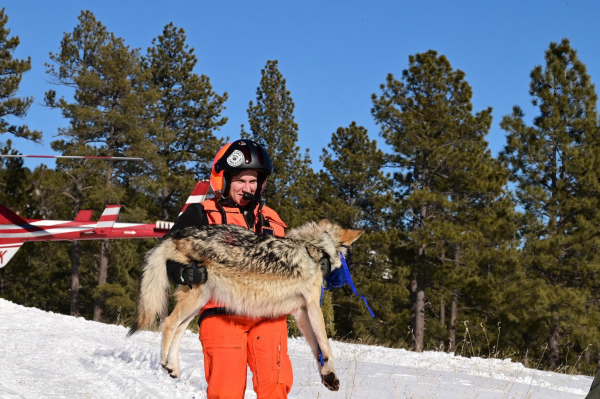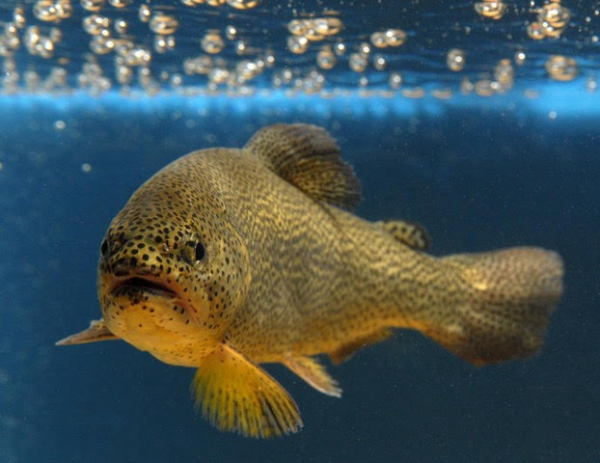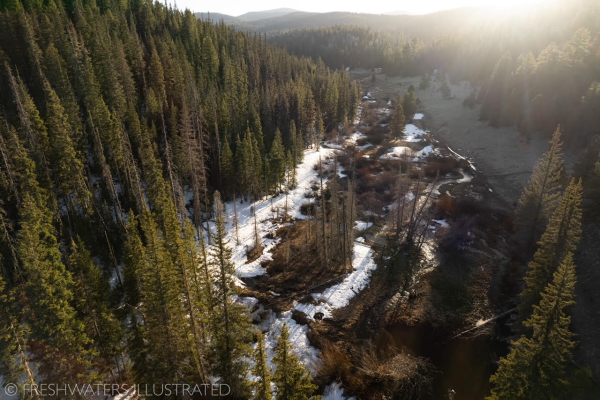Two Mexican Wolf Pairs to Be Introduced into Apache National Forest
PHOENIX – The U.S. Fish and Wildlife Service (Service) and the Arizona Game and Fish Department (AGFD) will release a pair of Mexican wolves today and another pair next week into the Blue Range Wolf Recovery Area of Arizona.
The pair being released today consists of male 1290 (M1290) and female 1218 (F1218). The male was captured during the annual wolf population survey in January and paired with the female in a pen on the Apache National Forest. The wolves were held in the enclosure through the breeding season, which occurs in February and March.
The second pair, M1249 and F1126, will be released next week into the primary recovery zone in the Apache National Forest. M1249 was also captured during the annual wolf population survey. The pair has been held through the breeding season at the Sevilleta Wolf Management Facility in New Mexico.
“This release follows through on a commitment made by the Arizona Game and Fish Commission to support the release of wolves to replace those lost from illegal shootings,” says Chairman John W. Harris of the commission.
The Interagency Field Team responsible for the day-to-day management of the Mexican wolf population believes the females are pregnant and timed the releases to allow the wolves to transition to their new territory prior to giving birth to pups. The two female wolves were selected from the captive breeding population to increase genetic diversity of the wild wolf population.
“We anticipate the release of these two pregnant females from captivity will have a higher chance of success because they are paired with males that already have extensive wild experience,” said Benjamin Tuggle, the Service’s Southwest Regional Director. “The genetic value of the two females will help us as we move toward establishing a more genetically robust population of wild wolves.”
The IFT will monitor the wolves after release and, if necessary, provide supplemental food while the wolves acclimate to the area and transition to catching native prey.
The 2013 end-of-year population survey documented a minimum of 83 Mexican wolves, up from a count of 75 last year.
The reintroduction is collaborative effort of the AGFD, Service, White Mountain Apache Tribe, USDA Forest Service, USDA Animal and Plant Health Inspection Service – Wildlife Services, and several participating counties in Arizona.






